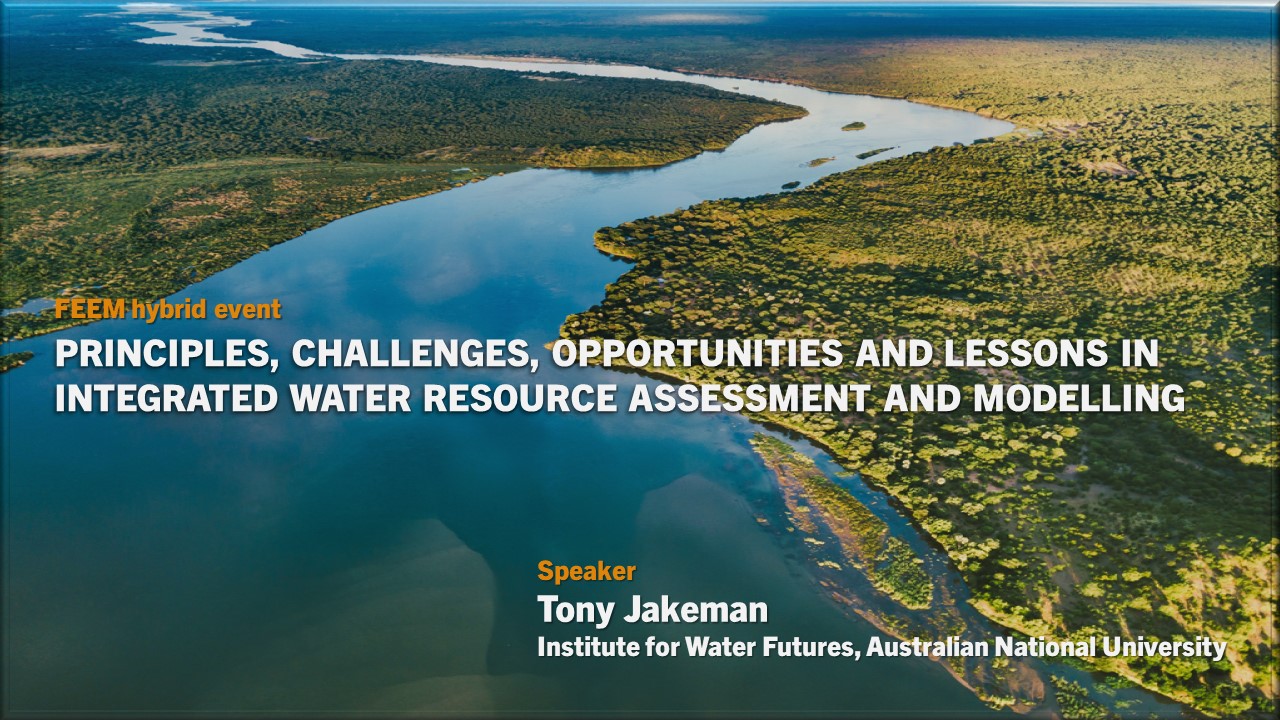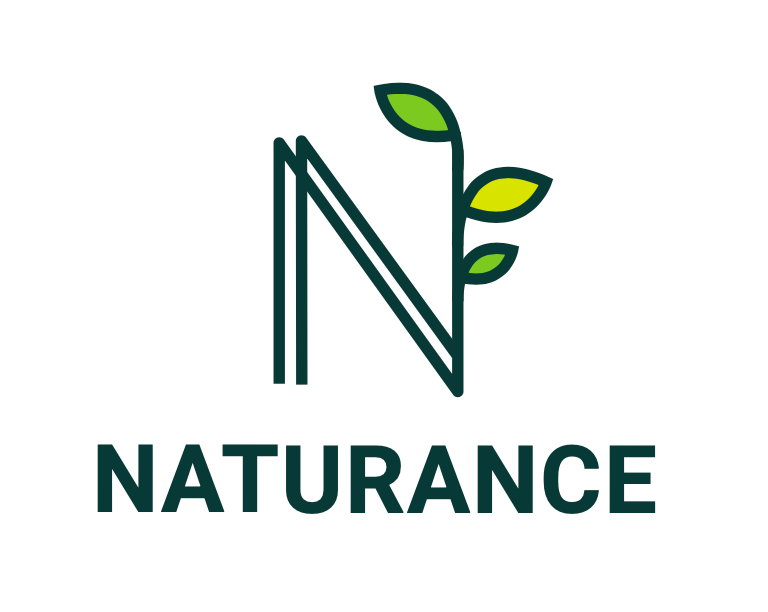
Principles, challenges, opportunities and lessons in integrated water resource assessment and modelling
The world is increasingly confronted with many water resource problems including water scarcity, water quality, flooding, drought and ecosystem impacts. Typically, such problems are cross-sectoral in nature, with connections to food, energy and other systems, are contested among groups and can be exacerbated by external influences like climate change.
Integrated assessment and modelling is a meta-discipline that aims to address these wicked or messy problems through linking them to policy and management, integration of the problem domains and disciplines, and by sharing knowledge and perspectives among interest groups. In this process modelling can be used as a tool for managing the complexity and engaging with participants.
The seminar will introduce the principles of IA and cover the various aspects of what integration means and how modelling can assist the procedure. Modelling, however, needs to be more fit-for-purpose than is currently practised and recommendations are made as to how this bottleneck situation can be advanced.
A key focus is on being more attentive to scaling and uncertainty issues and methods. The seminar will assume no advanced knowledge of modelling or hydrology and should be most suitable for students and early career researchers.
Speaker
Tony Jakeman is Professor, Fenner School of Environment and Society, and Director of the Integrated Catchment Assessment and Management Centre, The Australian National University. Working as project leader, Jakeman has undertaken research projects and consultancies for many federal, state and local government agencies, including Catchment Management Authorities. In 2012 he was presented the Ray Page Lifetime Achievement Award by Simulation Australia. In 2011 he was awarded the Silver Medal of Masaryk University. He is on the most highly cited researcher list by Thomson Reuters, Clarivate (top1%), Computer Science. In 2016 he was elected Fellow of the American Geophysical Union. He held visiting positions at Stanford, Cambridge and Lancaster Universities, CSIRO, Cemagref/IRSTEA in France and the US Geological Survey.

